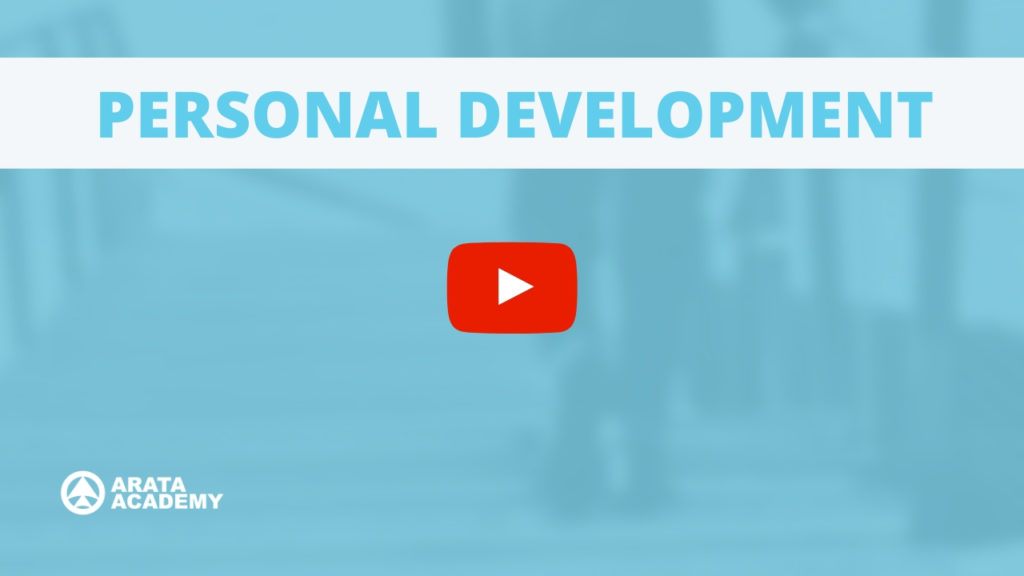Hello! Seiiti Arata. Generation whiny. What is it exactly? Generation whiny is one way of describing those people that are constantly complaining, for no reason whatsoever. People who moan about everything, cry at the drop of a hat, and are offended by just about anything.
There’s a saying about them: “People who are easily offended should try being offended more often”. Maybe if generation whiny would just get out there and live a little they might not have so much to moan about.
Once we recognise that we’re getting all worked up over nothing, making mountains out of molehills, we gain a new perspective on our lives, our problems and our circumstances.
The problem comes if we take our own hysterics too seriously, seeing ourselves as nothing more than products of our environment, victims of inescapable circumstances, fragile and defenceless with no control over our own destiny.
This has a name. And it’s not “Generation whiny”. It’s called dependency.
1 – The dependent person relies on the help of others
Generation whiny are extremely fragile. They can’t do anything on their own. They’re always moaning about not getting any help from anyone else, always relying on government assistance, on outside support. In other words, they can’t stand on their own two feet. They are DEPENDENT.
They can find offence in anything. The slightest distasteful comment triggers a flood of tears, outrage and Facebook proclamations. In fact, as far as they’re concerned we might as well rename Facebook the Wailing Wall. It’s as if the only way they have of communicating, of expressing themselves, is by whining and whimpering.
People who are stuck in this vicious circle of endless complaining usually think they have it all worked out. “But if nobody complains, nothing changes!”, they say. “It’s the only way.”
They’re wrong. Complaining doesn’t solve anything if it’s directed at the wrong person.
There’s a difference between complaining and taking action: watch episode 90 of the series Hello! Seiiti Arata at https://arata.se/hello90 – for example, if you have a problem with the customer service at a shop, speak to the manager and let them know what went wrong and how they could improve. That’s not whining. That’s not crying. That’s taking action. Taking action and complaining are very different.
But a lot of people lack the assertiveness required to take action. So they end up getting swallowed up by rage, which they unleash in angry rants to their friends, who don’t have anything to do with the situation. That’s the whiny way, the only option for someone who depends on external intervention to resolve all of their problems because they won’t face up to the challenges life throws at them alone.
Dependent people focus all their efforts on finding someone to blame for their situation. Dependent people aren’t interested in improving, growing, learning. All they want is an excuse for their failures. They want to justify them. And so they heap blame on others.
2 – The independent person resolves their problems all by themselves
The next stage up for the dependent person is the INDEPENDENT person. They have better habits. They have more resources at their disposal. They know how to deal with their own problems so they don’t go round complaining or crying out for help. They don’t blame others for the problems in their lives, they assume responsibility for their own successes and failures.
The independent person is focused on themself. For an independent person, it makes no difference whether the government is right- or left-wing. They don’t care, it’s irrelevant. They’re not interested in whether the economy is booming or in the midst of a crisis. They don’t care, it’s irrelevant. They don’t care if it’s raining or sunny. If people like them or hate them. It’s all irrelevant.
They are INDEPENDENT. As far as they’re concerned, what they achieve has nothing to do with environment, circumstance, context or other people. Their focus is entirely on their individual development, on how they can improve, on their skills and the means they can acquire to improve their performance.
A word of warning! People who start out from the bottom and make it big often see poverty as a sign of failure. “If I made it, anyone can”, they say. People who were once very shy and have now honed their social skills are often the same.
Anyone who has managed to overcome adversity, lifting themselves our of the dependency phase and into independence will often look with contempt at those they’ve left behind. They can often feel bitterness and resentment towards them.
In psychological terms this is known as projection, when an independent individual feels contempt for a dependent individual.
3 – An interdependent person overcomes this resentment and opts for cooperation
Finally, we have the highest stage, which is INTERDEPENDENCE. This is a concept which is described brilliantly in The 7 Habits of Highly Effective People, one of the works which provide the foundation for our Personal Development course.
Over the course of their personal development, the interdependent person has come to understand that even though they are not dependent on others they can still achieve much more by working together. They collaborate. They offer help where they can, without expecting anything in return. And when they do this everyone wins. Society as a whole improves, and grows in empathy, solidarity, inspiration and confidence.
The dependency stage, symbolised by generation whiny, is just a passing phase. When we complain, we are asking to be rescued. People who complain are trying to communicate an unmet need. They might be feeling disrespected, ignored or undervalued.
That’s why they complain, and why they believe their whingeing is justified. They depend on others to give them a sense of identity, to get by in their daily lives.
By investing in personal development, they will reach the independence stage and free themselves from the prison of dependency. But the journey doesn’t end there.
True progress comes when they reach the next stage of personal development, becoming interdependent and learning to work together with other people and build better relationships. This is a life lived from the abundance perspective, and it’s where the greatest progress is made. The Arata Academy has a course on this very journey, which we are going to travel together. Just join us now at https://arata.se/personaldevelopment

